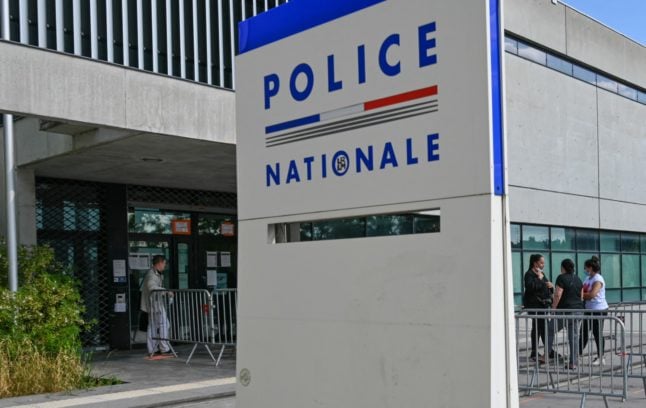Bruno Cholet, 55, denies the 2008 murder of Susanna Zetterberg, 19. The verdict in his trial is due to be delivered on Friday.
In final summing up on Thursday, prosecutor Jean-Paul Content requested the toughest possible sentence for Cholet, who has previous convictions for three rapes and an armed robbery.
"The interest of society is to ensure that he cannot repeat this abominable crime," Content told the court. "The evidence of his guilt is overwhelming."
Cholet denied having murdered the language student after picking her up in his illegal taxi outside a Paris nightclub in the early hours of April 19, 2008.
Her body was recovered later the same day in Chantilly forest north of the capital. She had been shot four times in the head, had her hands tied behind her back with handcuffs and her corpse was so badly burnt police were unable to establish whether she had been sexually assaulted.
Zetterberg's mother, Åsa Palmqvist, told the court that nothing would take away the pain of not knowing what happened to her daughter in the final hours of her life.
"The hardest thing is not knowing what happened to her before she died," Åsa Palmqvist said through an interpreter.
"No judgement can change that," she said. "Sanna is my child. She will not come back. Sanna is our daughter, the sister of Samuel and we love her."
Zetterberg's father, Karl Zetterberg, said: "For reasons that you will understand, I would have preferred not to have come here. But now that I am here, I feel sure that justice will be done.
"The solid work of the police during the investigation and everything that I have seen and heard in court has convinced me that the person responsible for the death of my daughter will have to account for his actions."
Asked by judge Xavière Simeoni if he wanted to say anything to the accused, Karl Zetterberg turned towards the dock but replied: "No, your honour, I don't think so."
The prosecution case rests on evidence that the DNA of both Cholet and the victim were found on a gun recovered from his car.
Cholet claims the police fabricated the evidence in a bid to frame him after he refused to become an informer.
A psychiatrist who testified earlier in the trial described the 55-year-old as having a "psychopathic" personality that was unlikely to be reformed by specialist treatment.


 Please whitelist us to continue reading.
Please whitelist us to continue reading.
Member comments